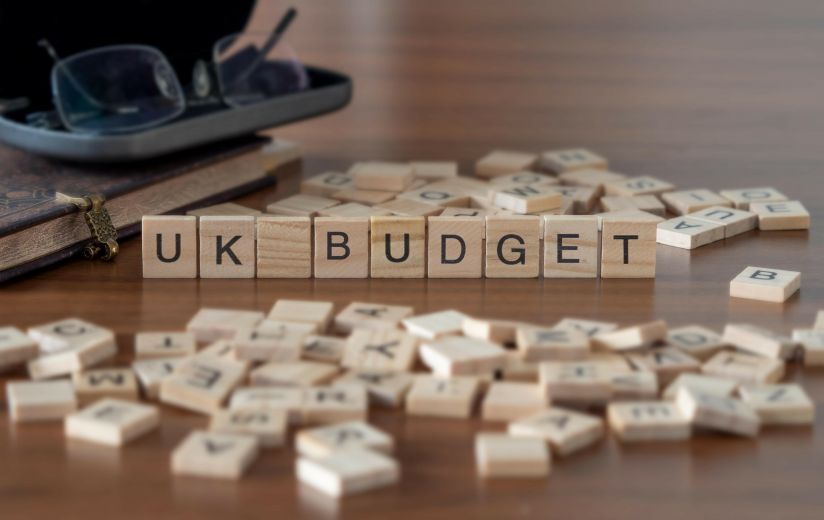Read on to find out what the changes mean for you and your car.
Road tax
Car tax bands remain unchanged but Vehicle Excise Duty (VED) will rise for most drivers from 1 April 2024. The increase is calculated in line with inflation and is based on the Retail Price Index (RPI).
How much you'll pay for your road tax will depend on the type of vehicle you drive and the date it was first registered. However, for drivers of cars first registered on or after 1 April 2017, annual car tax will increase by £10 to £190.
Electric cars
Prior to the budget, both the car industry and the RAC called on the Government to reinstate the plug-in grant to boost the uptake of electric cars. However the Chancellor of the Exchequer has refused to introduce any new incentives for drivers to buy EVs.
As previously announced, electric car road tax will change next year with EV drivers required to pay for VED from 1 April 2025.
Fuel Duty
Fuel duty will remain frozen until March 2025. The temporary 5p cut was introduced in March 2022, and the Chancellor claims it will save car drivers around £50 this year.
In total, the Government’s freezing of fuel duty rates for 2024-25, equates to a tax cut worth £3.1 billion over 2024-25.
The freeze means fuel duty will remain at 52.95p per litre. This has been the same price since March 2011.
RAC head of policy Simon Williams said: “While it’s good news that fuel duty has been kept low, it’s unlikely drivers will be breathing a collective sigh of relief as we don’t believe they’ve fully benefited from the cut that was introduced just two years ago due to retailers upping margins to cover their ‘increased costs’. This has meant fuel prices have been higher than they would otherwise have been.
“What’s more, despite today’s positive news it’s still the case that drivers are once again enduring rising prices at the pumps, sparked by the oil price going up – the average cost of a litre is already up by more than 4p since the start of the year.”
Insurance Premium Tax (IPT)
Insurance Premium Tax (IPT) remains unchanged, which will disappoint cash strapped motorists.
According to ABI data, IPT adds around £67 to the average insurance premiums. And annual premiums were, on average, 25% more expensive last year than the year before.
“It’s enormously disappointing the Chancellor didn’t take the opportunity to cut insurance premium tax (IPT) in the Budget, a move that would have helped keep spiralling motor insurance premiums in check,” said RAC head of policy Simon Williams.
“Those hardest hit face two options – give up driving altogether or run the gauntlet and break the law by driving uninsured, neither of which are desirable outcomes. IPT more than doubled over a two-year period in the last decade, which is why we believe it’s the stealth tax of our time. For that reason, it’s high time it was looked at again.”
What do you make of the Spring Budget 2024? What would you like to see change before the end of the year? Leave your thoughts in the comments section below.

RAC sale – up to 33% off*
• Roadside cover from £5.29 a month†
• We get to most breakdowns in 60 mins or less
• Our patrols fix 4/5 breakdowns on the spot









